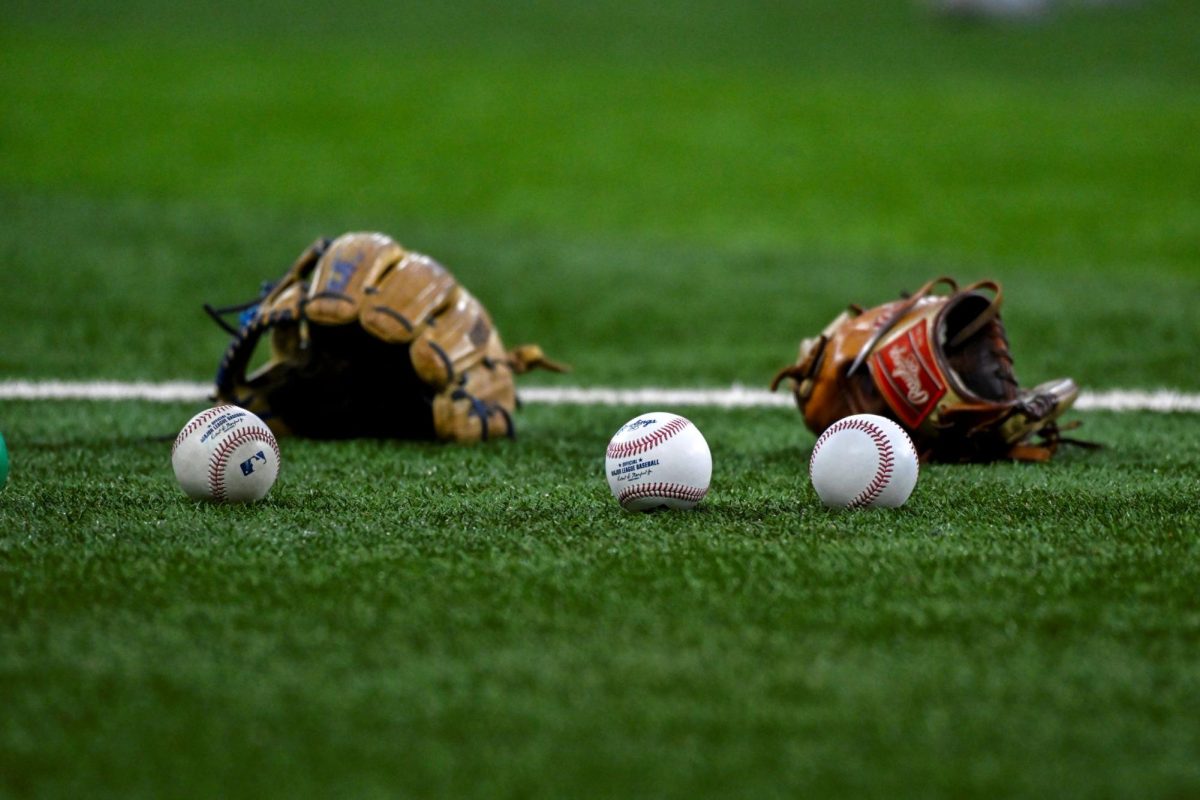The IHSA implemented a new bylaw in July regarding All-Star game selection criteria that has sparked controversy with athletes across the state.
The IHSA is in charge of regulating high school level sports and activities for all member schools. They have the authority to create and change rules governing how student athletes can compete and how some events are run.
This bylaw prevents anyone who has not completed their senior season in certain sports — namely baseball and softball — from competing in All-Star events.
When the new bylaw was first announced, many students and coaches were left unsure of what constituted an All-Star event, and the rule received enough questioning that the IHSA released a second statement redefining them.
The statement defined All-Star events as “a team of students who are selected to participate in a non-school contest or tournament based on athletic ability, performance or reputation when representing the member high school the student attends or previously attended.”
For some students, it damages their chances at being scouted by colleges during games and impacts their decisions on where to practice during the off-season.
“It definitely changes things as this fall is big for uncommitted people, especially for baseball, to maybe get looks by some universities,” senior Tristan Lance said. “I’m definitely more careful when deciding what camps I should or should not go to.”
For others, it has impacted their ability to participate in events that they were previously eligible for.
“The All-Star game is about pulling girls from all different ages to participate in a tournament that is essentially the best of the best,” junior Valerie Stafford said. “I’m playing 16U select [softball], and am no longer able to be invited to or participate in the annual All-Star game.”
This rule has been implemented for many years in football, basketball, soccer and volleyball, but has now been amended to include baseball and softball.
“In my opinion, the intent of the new bylaw was for the bylaw to apply to all sports,” said Todd Rodgers, vice president of the IHSA board of directors.
For some, it is more exclusive than inclusive.
“If [underclassmen] have the skills required in order to be selected in the first place, then they should be allowed to play in invitation-only competitive tournaments, no matter their age,” Stafford said.
The decision was implemented by the IHSA, but they did not create it. The bylaw was suggested by an Illinois high school, and the other member schools in the state voted to pass or deny it with 547 schools approving, 136 disapproving and 43 giving no opinion.
This bylaw only applies during the school year, from the beginning of August through the spring sports playoffs. It does not impact any All-Star games or tournaments that take place over the summer. This includes the Colt World Series, which is an invite-only 16U tournament that is still considered an All-Star event, despite including only underclassmen.
Many students are frustrated with the sudden change and do not see the clarifying announcements made by the IHSA as a true clarification to their questions.
“I don’t really know what they’re trying to eliminate or why they came out with this rule,” Lance said. “I just think it’s going to be harder for kids to get proper looks from colleges and just make it that much harder to go to school for baseball.”


